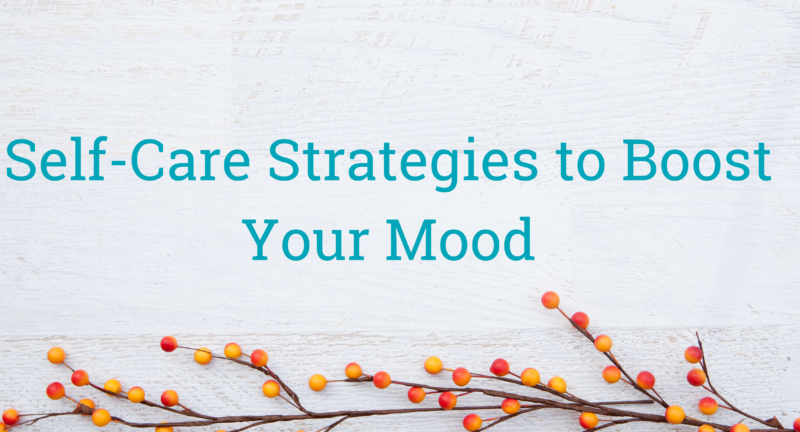
3 Empathetic Ways to Support a New Mom with Postpartum Depression
Welcoming a new baby into the world is often depicted as a time of joy and celebration. However, for many new mothers, the reality can be quite different. Postpartum depression (PPD) — also known as perinatal depression — affects approximately 1 in 7 women after giving birth, and its symptoms can range from mild to severe.
As friends, family members, or loved ones, it’s crucial to provide support and understanding to those experiencing PPD.
Here are three empathetic ways to support a new mom struggling with postpartum depression:
1. Listen Without Judgment
One of the most powerful forms of support you can offer to a new mom with PPD is simply to listen. Create a safe space for her to express her feelings, fears, and struggles without fear of judgment or criticism. Often, women with PPD may feel guilty or ashamed of their emotions, so it’s essential to reassure her that her feelings are valid and that she is not alone in her experience.
Avoid offering unsolicited advice or trying to minimize her emotions; instead, practice active listening and validate her feelings with empathy and understanding.
2. Offer Practical Help
Managing the responsibilities of caring for a newborn can be overwhelming for any new parent, but it can be especially challenging for those experiencing PPD. Offering practical assistance can make a significant difference in helping alleviate some of the burdens she may be facing.
This could include tasks such as preparing meals, running errands, or providing childcare to give her some much-needed time for self-care.
By offering tangible support, you’re not only helping to lighten her load but also showing her that you’re there for her during this difficult time.
3. Encourage Professional Support
While your support as a friend or family member is invaluable, it’s essential to recognize that postpartum depression is a serious mental health condition that often requires professional intervention. If you spot the warning signs, speak up.
Know the signs of postpartum depression. You can identify them here: 8 Early Warning Signs of Postpartum Depression.
Encourage the new mom to seek help from a qualified healthcare provider, such as a therapist or psychiatrist, who can offer specialized treatment and support. This might include therapy, medication, or a combination of both, tailored to her individual needs. Assure her that seeking help is a sign of strength, not weakness, and offer to accompany her to appointments or help research treatment options if needed.
In conclusion, supporting a new mom with postpartum depression requires empathy, understanding, and patience. By listening without judgment, offering practical help, and encouraging professional support, you can play a vital role in helping her navigate through this challenging time.
Remember to prioritize her well-being and let her know that she is not alone in her journey towards healing and recovery.
How the NextStep Team Can Help
Our multidisciplinary team can help you navigate postpartum depression as well as postpartum anxiety. To make an appointment in our Louisville, Kentucky, office, click here to get started.
Together, we can create a supportive environment where new moms feel empowered to seek the help and support they need to overcome postpartum depression.
Related Posts
10 Self-Care Ideas to Try If You’re Feeling Sad This Thanksgiving
Holidays can be a time of joy and togetherness, but sometimes holidays can be...
What is Mental Health?
Mental health is the state of well-being in which people understand their own...


